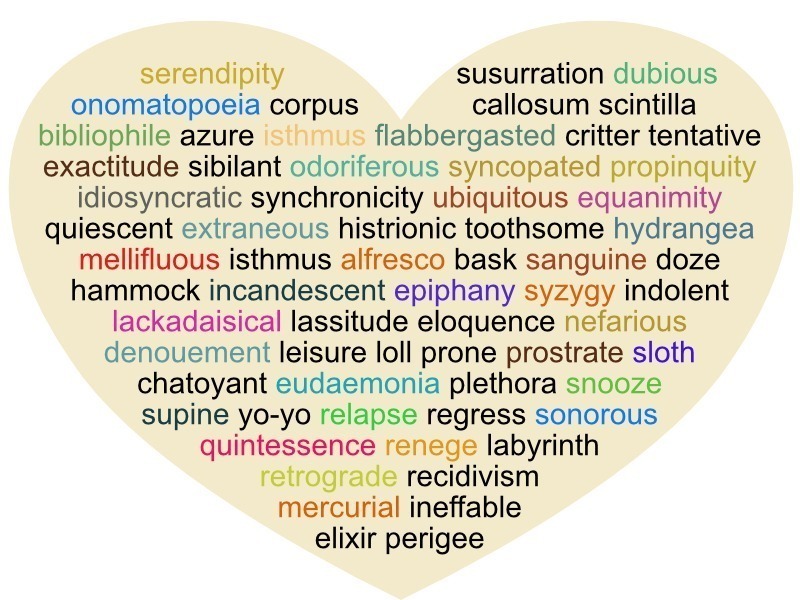

Paul Spalding-Mulcock, Features Writer
Word Of The Week: Recidivism

The English language is akin to a serial thief, equipping itself for the present by plundering the past. Even when coining neologisms, it often re-purposes linguistic stolen goods. Such lexicographic larceny would be reprehensible, save for the crime’s constructive consequences. The word recidivism is itself a delightfully salient example of such repeated, but useful theft!
We’ve only to look at the etymology of the word to convict our suspect. Meaning to relapse into a previous condition, or mode of behaviour, especially into criminal conduct, this noun is derived from the Medieval Latin recidīvāre meaning to relapse into sin, or crime.

Image by Klaus Hausmann from Pixabay
In modern English, recidivism is defined as the act of a person repeating an undesirable behaviour, having experienced the unwelcome consequences of that behaviour. However, the word offers those employing it legitimate plasticity.
Criminologists and lawyers apply it strictly to repeat offenders, measuring such patterns in a bid to champion restorative justice and societal efforts to rehabilitate prisoners. Authors, on the other hand, play with its connotations of repeated moral delinquency, or habitual self-harm. Both are handling stolen goods!